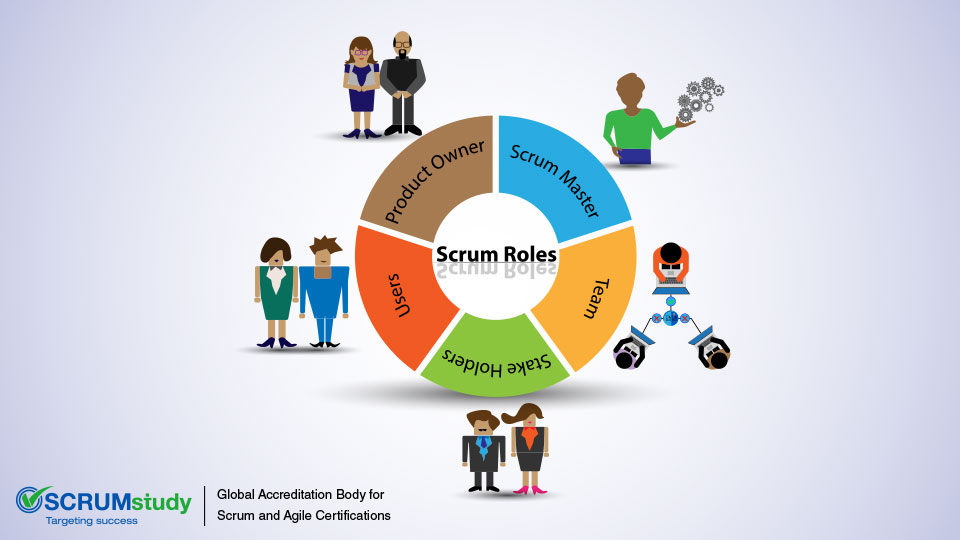Core and Non-core Roles in Scrum
Posted bySCRUMstudy® on September 12, 2022
Categories Agile Iterative Development Product Owner SBOK® Guide Scrum Scrum Guide Scrum Team
Central to the success of a Scrum project are the people or employees working on the project, and coordination between them. To ensure coordination and harmony within the scrum team, it is necessary to clearly define the roles and responsibilities of the Scrum team members.
In Scrum teams, roles are divided into two main categories: Core Roles and Non-core Roles. This classification is clearly outlined in the SBOK Guide published by SCRUMstudy and is based on the roles' impact on the success of a Scrum Project.
Core Roles in Scrum directly contribute to the project's success. These roles are responsible for producing deliverables in each sprint that meet the acceptance criteria, thereby ensuring the overall success of the project. Core roles have formal responsibilities within the Scrum team.
Non-core Roles in Scrum do not directly impact the project's success, but they have a vested interest in the project and its outcomes. While these roles are not held accountable for sprint or project failures, their perspectives should be considered as they have a stake in the project's outcome. Each of these roles is further classified as mentioned below.
Core Roles:
- Product Owner – Project Owner represents the voice of a customer. He is responsible to understand the customer requirements and articulate the same to the scrum team. He is also responsible to deliver maximum business value to the customer. He defines the acceptance criteria for the deliverables.
- Scrum Master – Scrum Master is responsible for removing the impediments faced by the scrum team members and facilitate the team in developing the deliverables. He also sees to it that the team is working in harmony and work towards attaining the defined goals.
- Scrum Team/ Development Team – Scrum team or the Development team is responsible for the production of goods and services that meet the acceptance criteria. The scrum team is responsible for the success or failure of the project as it is directly involved in the production.
Non-core roles:
- Stakeholders – Customers, Users, Sponsors are the stakeholders in the scrum project who have interest in the outcome of the project but are not directly involved in the sprints for productions.
- Vendors – Vendors or the suppliers are the one who deliver the semi-finished products that go into the final production of the deliverable by the scrum team.
- Scrum Guidance Body – As defined in the SBOK Guide, scum guidance body is a group of people of set of documents that define the quality criteria, government rules and regulations, etc. that affect the performance of the scrum team.
The above discussed core and non-core roles in scrum projects are responsible directly or indirectly for the success of a sprint and the deliverables of each sprint. Hence, it is necessary to understand each of these roles and define their responsibilities and authority.

